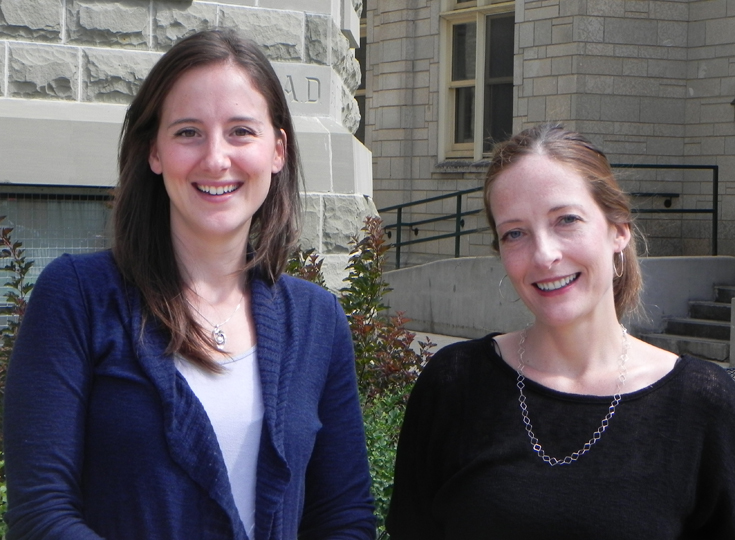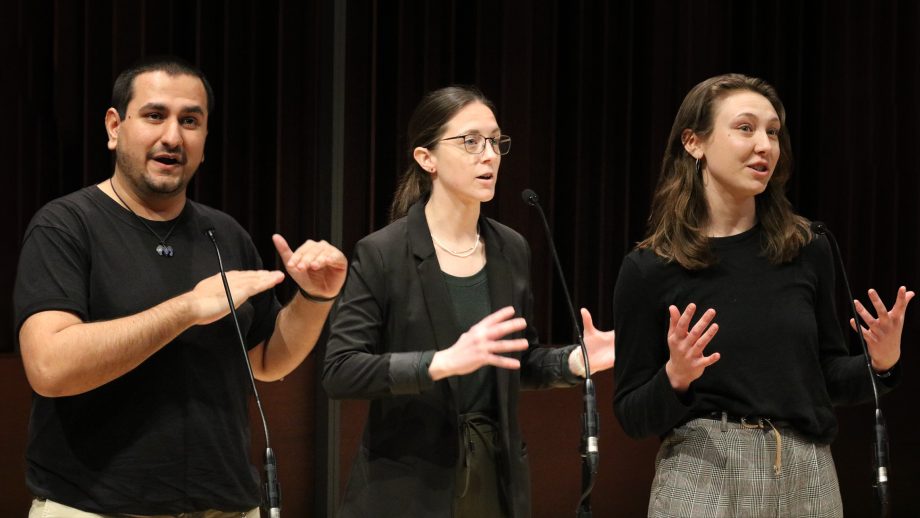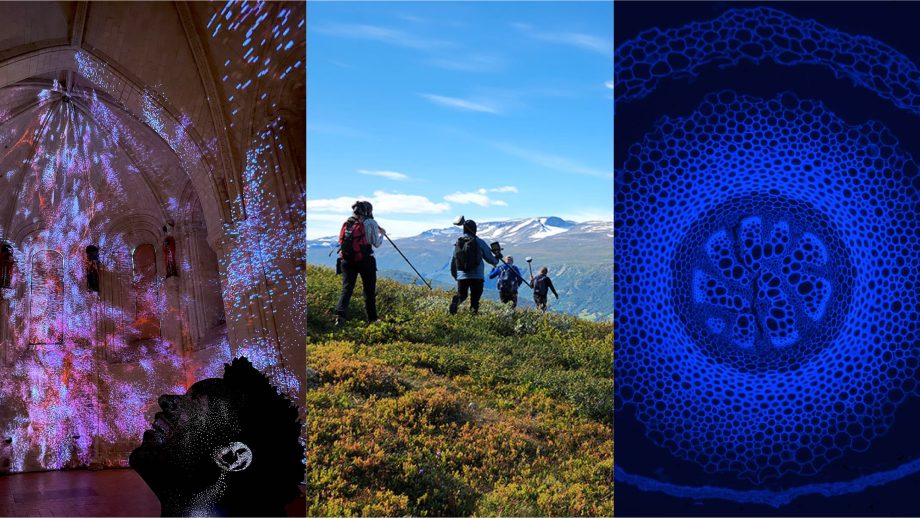“The right to safe and clean drinking water and sanitation is a human right that is essential for the full enjoyment of life and all human rights.” United Nations General Assembly, July 2010
Across Canada, approximately 39% of water systems and 14% of sanitation systems in First Nations communities are classified as ‘high risk’. About 3,400 First Nations homes do not have indoor plumbing, and more than 100 First Nations communities are under a drinking water advisory.
UWinnipeg’s Dr. Melanie O’Gorman and Dr. Danielle Gaucher are members of the Water Rights Research Consortium that has been recently awarded a Social Sciences and Humanities Research Council (SSHRC) Partnership Development Grant (PDG) for The right to clean water in First Nations: the most precious gift. The overall project is led by University of Manitoba Law Professor Karen Busby, who heads the Centre for Human Rights Research.
The research will proactively confront the issue of inadequate drinking water and sanitation in First Nations communities consisting of three research clusters (economics, legal and public engagement). Researchers involved in the project hope that their interdisciplinary approach and the partnership they develop in this project may serve as a model that could be applied to other research questions of interest to First Nations. The three main themes within the project will help develop evidence-based advocacy strategies that reflect First Nations’ interests, perspectives and knowledge.
O’Gorman leads the Economics Cluster that will partner with two First Nations communities to analyze the costs of water and wastewater services relative to available revenues. These partnerships will explore ways of filling the financing gap they face in funding water infrastructure improvements, including a cost-benefit analysis of a range of technological interventions and an analysis of alternative financing options.
The Legal Cluster will investigate Anishinabe water law and analyze the nature and strength of potential rights-based claims to achieve clean water and effective sanitation.
Gaucher is a member of the Public Engagement cluster that will investigate what advocacy strategies First Nations peoples would find acceptable and explore Canadians’ attitudes toward the issue through interviews, online nationally representative surveys, experimental studies using video clips and an innovative Photovoice project.
The University of Winnipeg is one of the partners on the SSHRC PDG, which is housed at the University of Manitoba. Other partners include Amnesty International, the Assembly of Manitoba Chiefs, Brock University, the Centre for Indigenous Environmental Resources, Manitoba Keewatinowi Okimakanak Inc. and the Public Interest Law Centre. More information on the project can be found at Water Rights Research Consortium.





